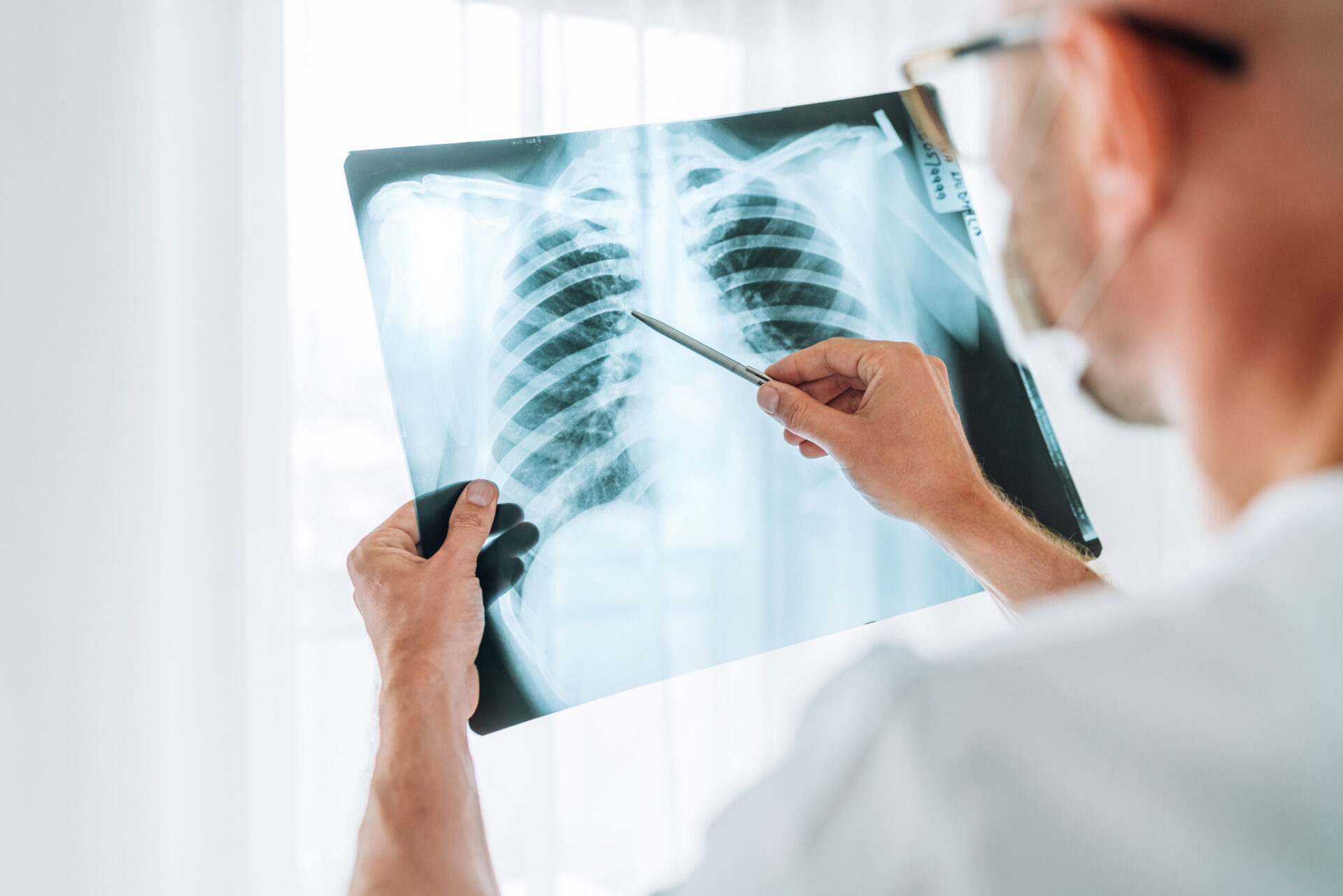The Trump administration and coal industry allies are insisting that a federal black lung trust fund will continue to pay benefits to sick miners despite a drastic cut in funding.
But the expected shortfalls will be covered by taxpayers instead of coal companies, adding more debt to the already struggling fund. And at least one Republican congressman from the coalfields has added his voice to the chorus of miners and advocates worried that the fund’s promise to sick workers and their families ultimately might not be kept.
Longtime U.S. Rep. Hal Rogers, a Republican from Kentucky’s Appalachian region, said a government report shows the trust fund “is on an unsustainable path, potentially putting the benefits on which many families in my region rely in jeopardy.”
The cut potentially means hundreds of millions in savings for coal companies, though Trump’s Labor Department acknowledges that the trust fund’s purpose was for the industry to pay for the health of workers who got sick mining coal.
In January, the tax rate coal companies pay to support the Black Lung Disability Trust Fund was cut in half, leaving sick miners and their advocates fearing future benefit cuts from a fund that is already about some $4 billion in debt.
“The trust fund is billions of dollars in debt and we just cut the revenue stream that funds it in half, in the face of the most serious outbreak of black lung disease that we’ve seen in the U.S.,” said Wes Addington, a Kentucky lawyer who helps coal miners seek black lung benefits. “They’re not explaining how the math works on that, and at what point it becomes a problem, and what’s the solution to that problem in a year or two years?”
The Department of Labor said in a statement Wednesday that it is obligated to continue paying benefits to sick miners, so a shortfall would be covered by borrowing from taxpayers.
“The U.S. Treasury is required by statute to make repayable advances to the Black Lung Disability Trust Fund so that it can meet its obligations,” the statement said.
With cash trickling into the fund at less than half its usual rate, federal budget officials estimate that by the middle of 2020 there won’t be enough money to fully cover the fund’s benefit payments. The 1977 law establishing the trust fund was designed to “shift fiscal responsibility for black lung benefit payments from the federal government to the coal industry,” according to a congressional budget justification document created by the Department of Labor this year.
Miners say coal operators want to foist their obligations back on the government.
“It only seems fair that since this is an industry-caused problem, the industry should be paying for these benefits instead of shifting the burden onto taxpayers, as they have done,” United Mine Workers President Cecil Roberts said in a statement Wednesday. Roberts said miners are concerned that the mounting deficit in future years will force lawmakers to cut benefits.
Lawmakers could restore the tax rate to its 2018 level, but that hasn’t happened. Some Democratic senators, including West Virginia Sen. Joe Manchin and Virginia Sen. Mark Warner, have sponsored a bill to extend the 2018 tax rate for another 10 years. The rate of $1.10 per ton of underground mined coal was cut by more than half to about 50 cents in the new year. The fund took in about $450 million in revenue in fiscal year 2017.
The mining industry supported the higher tax rate’s expiration.
“We must provide peace of mind to American miners and their families by restoring the excise tax on coal,” Sen. Warner said in a statement. “Anything else is an empty promise.”
Senate Majority Leader Mitch McConnell had pledged last year to not let the tax rate expire, but that didn’t happen. McConnell has maintained that benefits would continue to be paid despite the cuts.
In a statement, McConnell spokesman Robert Steurer said Wednesday that an increase in the tax “would require a bipartisan and bicameral effort that can pass both chambers.” Steurer noted that that effort would have to begin with a bill in the House of Representatives.
Carl Shoupe, an ex-miner in Harlan County, said he believes lawmakers and the industry “are just kicking the bucket down the road.”
“I honestly believe they’ll start cutting benefits, if people don’t start speaking up and standing up for them,” Shoupe said.
Addington, executive director of the Appalachian Citizens Law Center in Whitesburg, Kentucky, said he has seen a spike in miners seeking black lung claims, and the CDC has reported on the proliferation of a serious strain of black lung that is sickening miners at younger ages.
“We’re not only seeing more claims, most of the claims we’re getting are much more severe cases of black lung than ever came into this office a decade ago,” Addington said. “And it’s not even close.”
